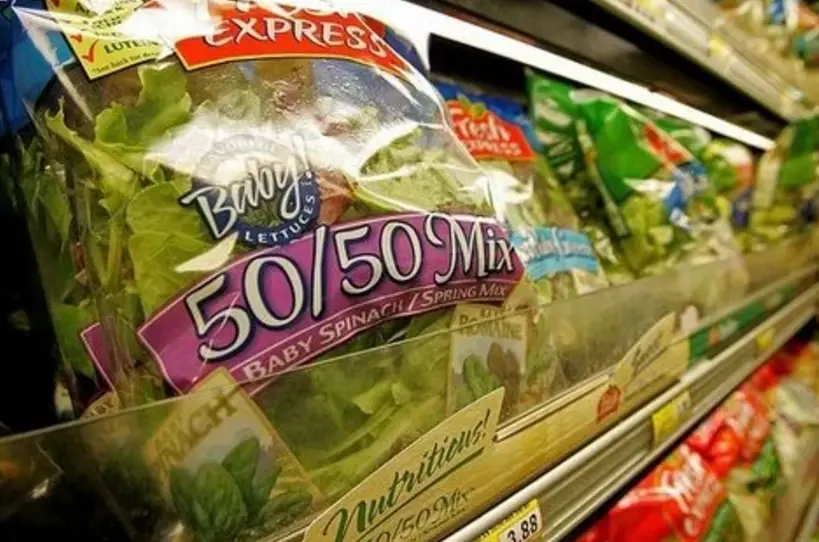
After spending 20 years litigating food-poisoning lawsuits, attorney Bill Marler revealed six foods he absolutely refuses to eat.
Marler, who recently litigated against the fast-food chain Chipotle after it was found E.coli and noroviruse were found in its food, posted an article in the Food Poisoning Journal last week outlining what foods he has cut from his daily diet.
Marler has won more than $600 million for his clients in food-borne illness cases, and he says his experiences convinced him the following foods aren’t worth the risks.
Via Business Insider:
1. Raw oysters
More foodborne illnesses have been linked to shellfish in the past five years than in the two preceding decades. As waters heat up globally, it produces microbial growth, which ends up in the raw oysters consumers are slurping down.
2. Pre-cut or pre-washed fruits and veggies
Avoid these “like the plague.” Convenience may be nice, but as more people handling and processing the food means more chances for contamination, it isn’t worth the risk.
3. Raw sprouts
Sprout outbreaks are surprisingly common, with more than 30 bacterial outbreaks (primarily salmonella and E. coli) in the past two decades.
“There have been too many outbreaks to not pay attention to the risk of sprout contamination,” Marler says. “Those are products that I just don’t eat at all.”
4. Rare meat
According to Marler, meat needs to be cooked to 160 degrees throughout to kill bacteria that could cause E. coli or salmonella.
5. Uncooked eggs
For anyone who remembers the salmonella epidemic of the 1980s and early ’90s, this is a no-brainer. According to Marler, the chance of getting food poisoning from raw eggs is much lower today than it was 20 years ago — but he still isn’t taking any chances.
6. Unpasteurized milk and juices
A growing movement is encouraging people to drink “raw” milk and juices, arguing that pasteurization depletes nutritional value. Marler says pasteurization is not dangerous, but raw beverages can be, as skipping the safety step means an increased risk of contamination by bacteria, viruses, and parasites.
“There’s no benefit big enough to take away the risk of drinking products that can be made safe by pasteurization,” he says.











Leave a Reply